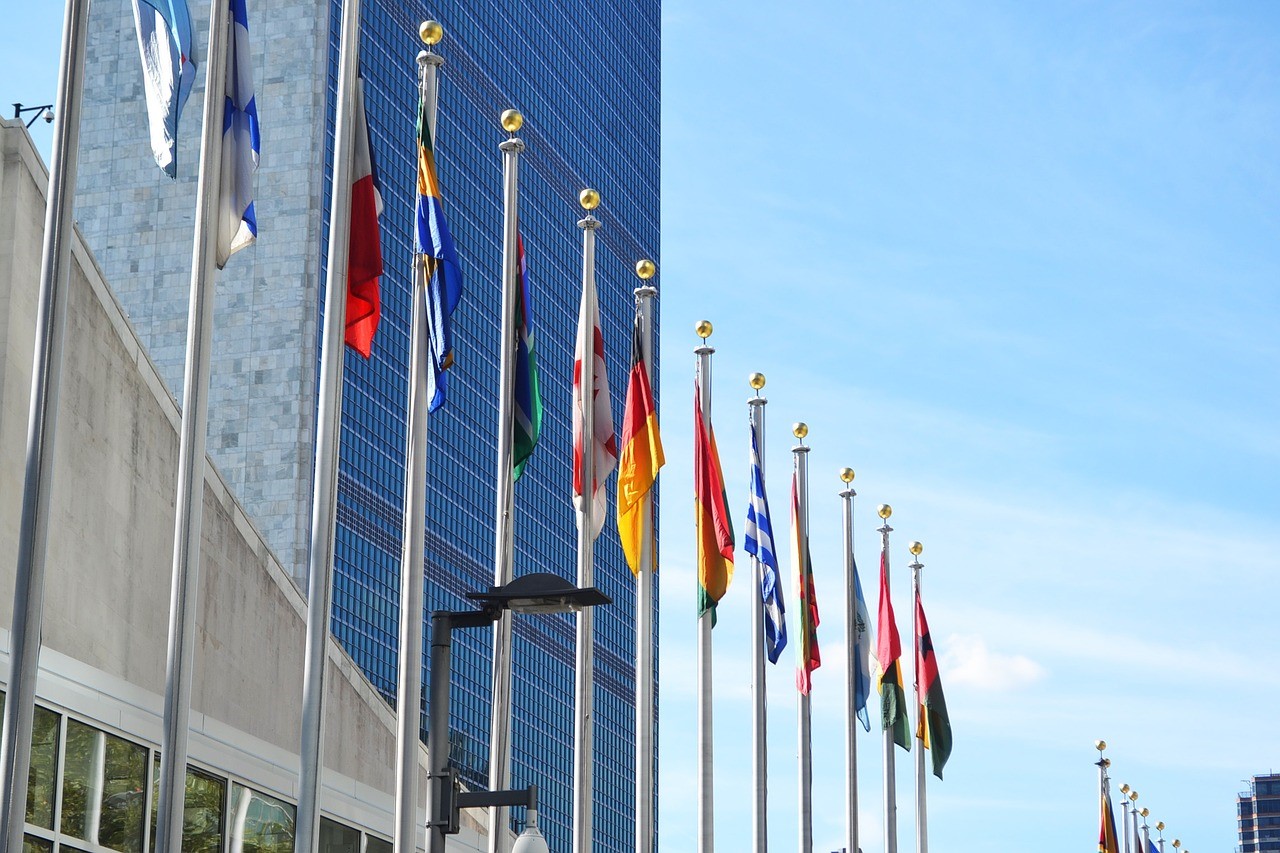GENEVA – A group of five NGOs met with UN officials on 06 March to discuss the recent case of four Malaysian Christians requesting changes on their national identity cards. The federal court in Sarawak refused to rule on their appeal on 26 February (see “Malaysia High Court Dismisses Christians’ Appeal”). The meeting took place as a side event during the 37th Regular Session of the UN Human Rights Council.
Gayle Jokinin, an attorney based in Brunei, said: “Leading up to the formation of Malaysia, the people of North Borneo and Sarawak were guaranteed complete freedom of religion…what we see today 55 years later is not what we bargained for.”
Dr. Ahmed Shaheed the UN Special Rapporteur on Freedom of Religion and Belief agreed, saying “You cannot force anyone to declare their religion, and when that is done, especially on ID cards, they may be used . . . to discriminate on access to services, sometimes to very basic services. So, in all contexts where religion appears on an ID card, it becomes an instrument for discrimination or privileged treatment on account of religion.”
The NGOs presented a proposal that reflected both Jokinin’s and Shaheed’s observations, positioning the situation within the context of the legal terms de jure and de facto religious freedom. The context of the topic applies to many more countries that Malaysia, which makes the presentation before members of the Council significant.
Religious freedom is de jure when a ruling entity has laws establishing that freedom – regardless of whether it is actually practiced.
Religious freedom is de facto when that freedom is actually practiced – regardless of the laws.
The proposal presented by the participating NGOs calls on Malaysia to:
- Bring its ID cards in line with the requirements of Article 18 of the UDHR, by removing any indication of religious status on its ID card.
- Repeal any de jure apostasy or blasphemy codes and make policy provisions to prevent the de facto enforcement of such codes by governmental or nongovernmental actors.
- Take concrete steps to implement Malaysia’s international commitment to promote and protect the rights of all people to worship in peace and security without discrimination or restriction on the basis of religious belief or practice.
Article 18 declares that everyone shall have the right to freedom of thought, conscience, and religion. By bringing the proposal before the Human Rights Commission rather than directly to Malaysian officials, the NGOs have, in effect, reminded the commission that the right to religious freedom stipulated in Article 18 of the Universal Declaration of Human Rights exists de jure in many UN countries.
The NGOs submitting the proposal included Jubilee Campaign, Christian Solidarity Worldwide, ADF International, World Evangelical Alliance, The Ethics & Religious Liberty Commission of the Southern Baptist Convention.
Sources:
- Christian News Wire, NGO Statement on Freedom of Religion in Malaysia
- Standard News Wire, NGO Statement on Freedom of Religion in Malaysia

1 comment